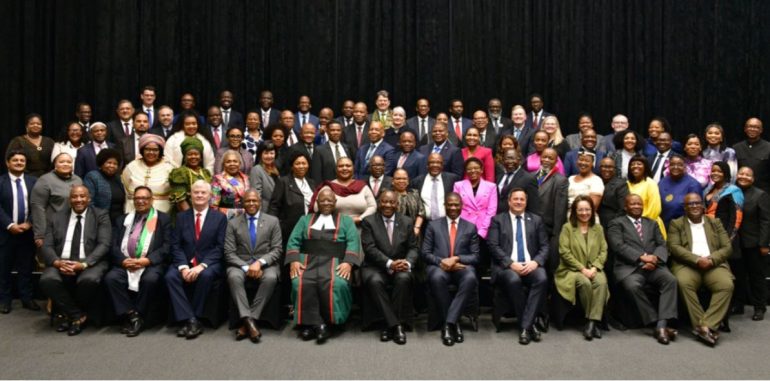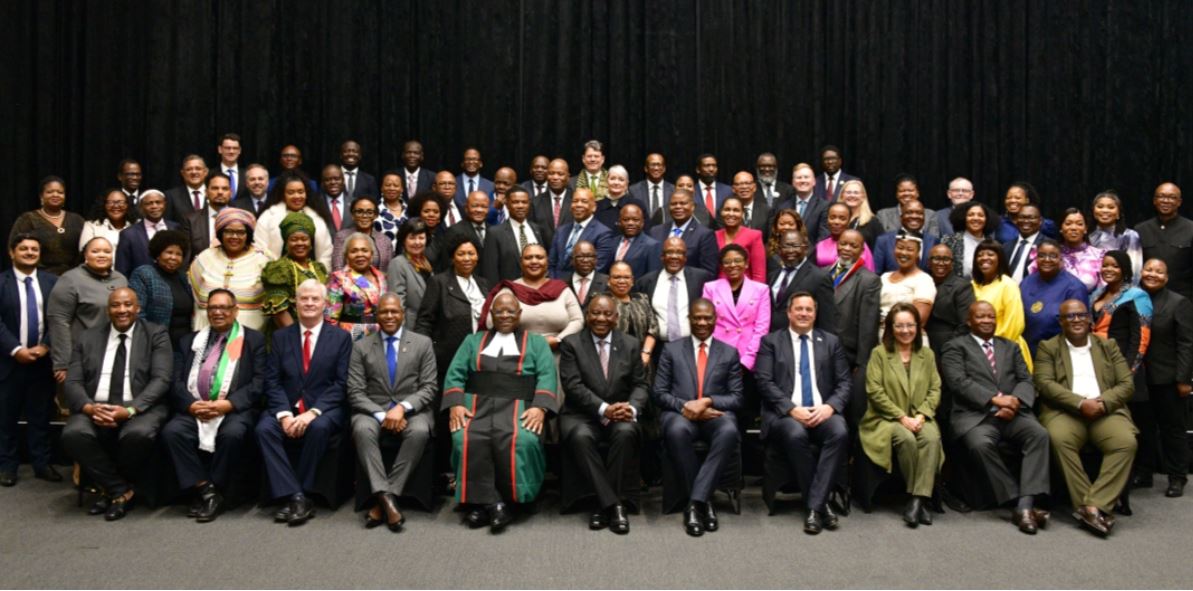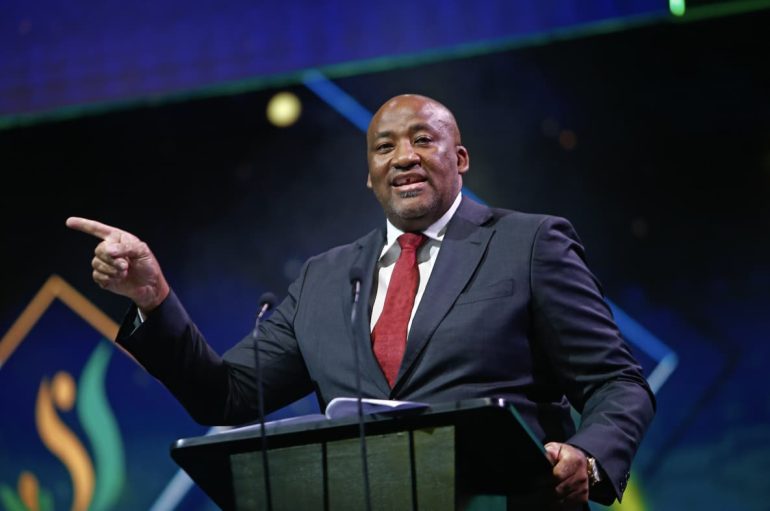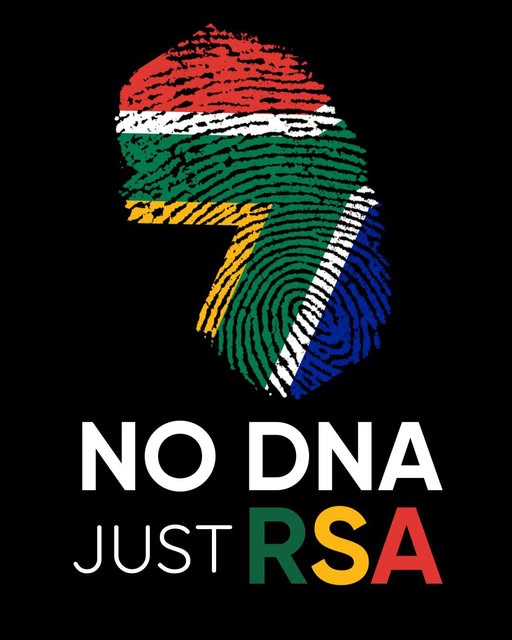
The so-called Government of National Unity (GNU) is increasingly showing signs of disentanglement. What was sold as a rational, inclusive political solution to South Africa’s fragmentation has now become a battleground of political sabotage, legal threats, ideological backstabbing, and administrative stagnation.
Week in and week out, the GNU plays host to a political game where the ANC and DA chase each other, all the while lashing out with a venomous snake of mistrust and opportunism. What may appear as political theatre, fit for media headlines and press conferences mirrors the instability we’ve seen in other coalition governments across Africa. This dysfunction comes at a steep cost as it stalls service delivery, delays decisive policy action, and derails any coherent agenda for economic development and job creation.
At its core, this chaos is not accidental, it is deeply rooted in ideological posturing, power dynamics, and battles over resource control. And at the very end of this destructive chain reaction are the people, ordinary South Africans facing rising unemployment, deepening poverty, worsening inequality, and a growing sense of disillusionment. While this makes good bus, taxi and train small talk, the cost-of-service delivery neglect go deep and threaten the fibre of development.
While the Minister of Basic Education continues to divide the country with her approach to the BELA Bill, alienating key stakeholders in the process, her political home the DA threatens the President with legal action over the implementation of the National Health Insurance (NHI). A leaked memo in July 2025 revealed that the DA refuses to support economic recovery plans involving state-owned enterprises, and threaten to reject key departmental budgets. Helen Zille has gone so far as to lay criminal charges against Minister of Higher Education, Dr Nobuhle Nkabane, while DA federal leader, John Steenhuisen, refuses to attend oversight committee meetings.
The GNU has created a climate of political paralysis, policy confusion, and elite finger-pointing. Ironically, it now reflects the very kind of “chaos” the DA previously warned would result from an ANC-EFF coalition, a claim now fully contradicted by evidence on the developments of Tshwane.
In the City of Tshwane, a local coalition government formed between the ANC, EFF, ActionSA, and other smaller parties has, for the past nine months, demonstrated the potential of what true coalition governance can look like when involved parties understand the massage of the electoral outcome, which clearly is not convinced by any political party for majority rule. This understanding permits for the executive in the City of Tshwane to centre their mandate around the community itself.
Unlike the GNU, Tshwane’s multiparty coalition is not anchored in ideological stubbornness, but rather in a deliberate balancing of power and a shared commitment to local governance and service delivery. Herein, political parties are compelled to reckon with their own policies, reflect on the lessons of the electoral outcome, and recognise that service delivery is not a favour ,it is the frontline through which they must earn public trust and orient communities around their political vision.
In Tshwane, coalition politics is not reduced to drama, but elevated to a practical platform for governance, where parties must demonstrate the relevance of their party policies through real, measurable improvements in people’s lives.
One such example is the Department of Health, under MMC Tshegofatso Mashabela, which has successfully extended clinic operating hours towards 24 hours in Olievenhoutbosch — a poor, densely populated area in Pretoria south.
This initiative brings to life the EFF’s founding policy vision for accessible 24-hour healthcare and proves that progressive policy is not impractical — it simply requires political will. More importantly, it signals a deliberate shift from political posturing to responsible governance, where the lives of residents take precedence over dogmatic bureaucratic sentiments that seek to discourage transformation.
Further still, the Tshwane Council has, through its revitalisation strategy, taken bold steps to unlock city-owned infrastructure for economic empowerment. In the June 2025 council sitting, the Council adopted the lease of municipal office space and a skills centre in Nellmapius, east of Tshwane, as part of its public-private developmental strategy agenda, which will see the city’s properties leased on 30 years plus leasing agreements.
This is not just a leasing transaction, it is a political and ideological milestone, aligning with the EFF’s Cardinal Pillar Number One: Expropriation of Land Without Compensation for Equal Redistribution.
Here, the state is assuming its rightful role as custodian of land, not selling it to the highest bidder, but using it strategically to drive industrialisation, housing, training, and job creation. These avenues ensures that the land remains publicly owned while delivering on the developmental mandate of local government.
As these initiatives prioritise revenue and service cost collections, this intervention reflects not only fiscal responsibility but also transformative intent. It demonstrates that land is more than a capital asset, it is a tool for empowerment and inclusive growth.
The government of local unity might not be ideological cronies, but they recognise that local government must be the catalyst of local economic activity. By prioritising skills development, revenue stability, and housing – the Council of Tshwane identifies with public land responsibly, as tools to empower communities, stimulate local business, and bring the state closer to the people.
The Andries Tatane Clean-up Campaign, led by MMC Ramabodu through the department of environment and agriculture, stands as a powerful example of a government that chooses responsiveness over red tap. Originally rolled out by the Economic Freedom Fighters (EFF) as a party programme of action, this initiative has evolved into a model of effective and accountable governance, rooted in community-cantered service. By proactively addressing waste management and cleanliness in both central business areas and surrounding townships, the City of Tshwane is reaffirming its constitutional duty to the people.
This commitment reflects the spirit of Section 195 of the Constitution, which mandates that public administration must be governed by the democratic values and principles enshrined in the Constitution, including responsiveness, accountability, and a high standard of professional ethics. The campaign shows that when government is visible, hands-on, and directly engaged with community needs, it not only restores dignity but can also rebuild trust between the state and its citizens.
Meanwhile, the GNU continues to fumble through elite political chess moves, stuck in a cycle of legal threats, internal sabotage, and rhetorical grandstanding. They can’t even agree that polices such as BBEE are a cornerstone to address inequality, because certain parties are hellbent on serving their elite constituencies at the expense of a majority crippled by poverty. Written by Lesego Mahlangu, a researcher at the City of Tshwane, writing in her personal capacity.
Written by: Lindiwe Mabena
Similar posts
Current show
Upcoming shows

Sunday Feels Part II, With Karen
10:00 am - 2:00 pm

The Global Experience with Just Mo
2:00 pm - 6:00 pm

Sundaze with Fif_Laaa
6:00 pm - 10:00 pm

Savage Nights with Thabo X and Shamiso
10:00 pm - 12:00 am

Playground
12:00 am - 5:00 am
Latest posts
COPYRIGHT 2023








